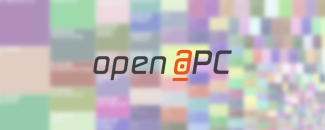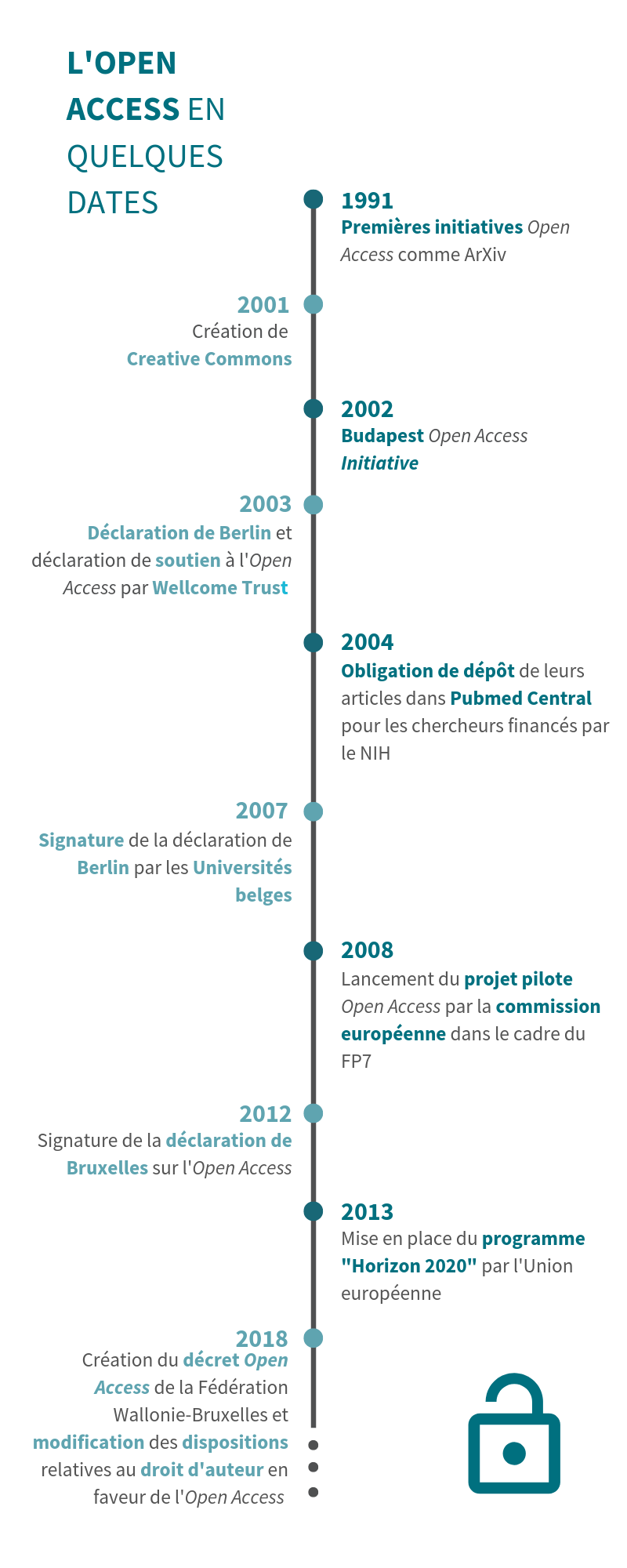Definition
Open Access (OA) can be defined as the free provision of scientific documentation on the publically accessible Internet (Budapest Open Access Initiative).
Emerging in the 1990s, it was originally a response to the virtual monopoly of large publishing firms over publications from research and teaching.
A few goals of the Open-Access movement:
- to offer access to science to everyone;
- to make scientific publication more ethical;
- to improve the dissemination of science and to advance it.





